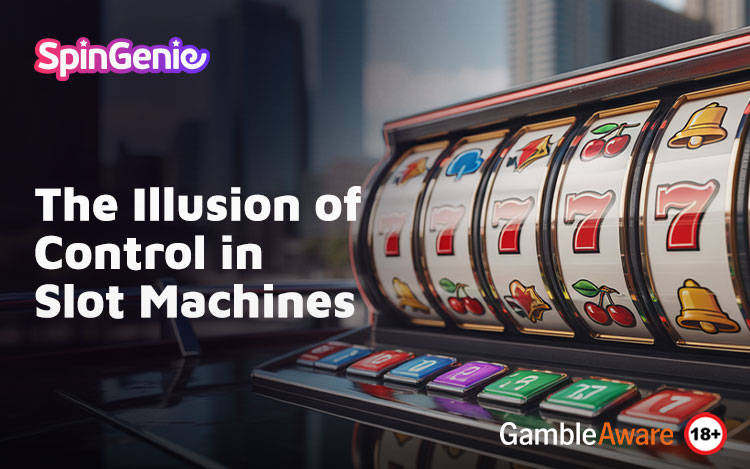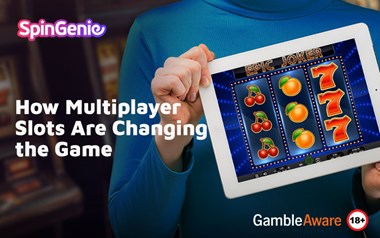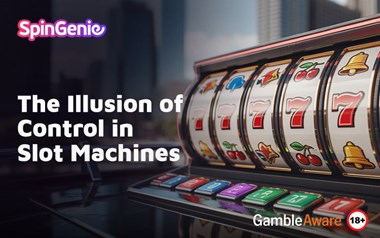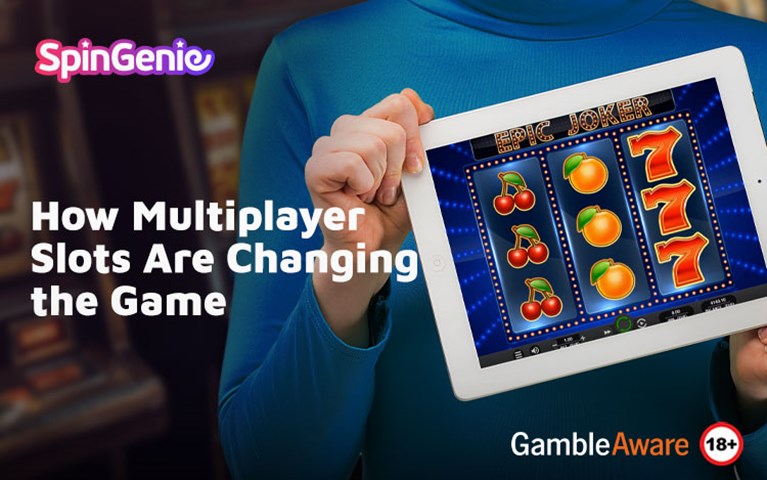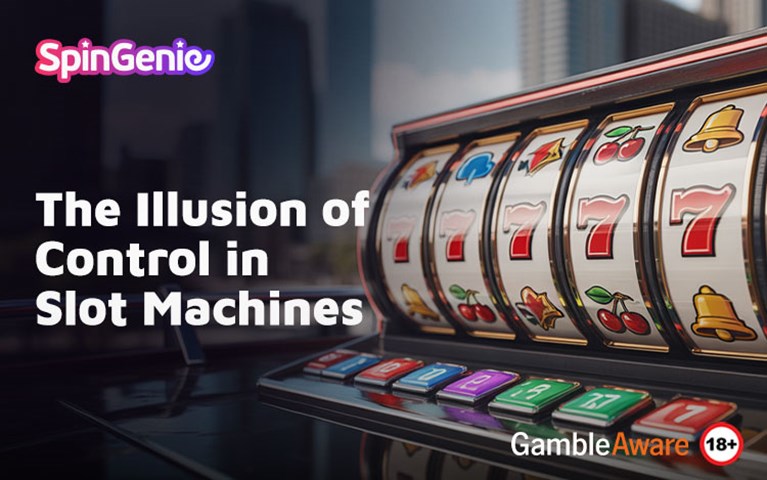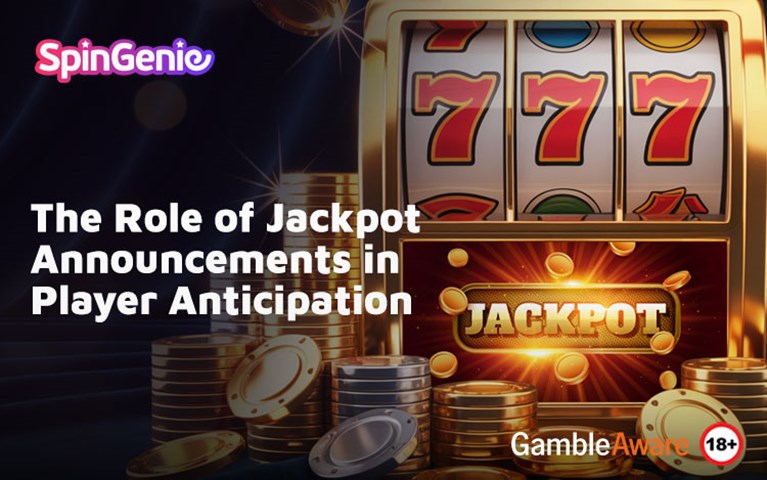Many players feel a sense of influence when they play slots online, from timing spins to choosing casinos. While slots are games of chance, these perceptions can be strong. Understanding the illusion of control can help bring clarity to gameplay and support healthy habits. Drawing on research and human psychology, this guide explores why players feel in control and how awareness leads to better enjoyment.
What Is the Illusion of Control?
A Common Cognitive Bias
The illusion of control is a psychological concept where individuals perceive more influence over random outcomes than they actually do. It applies to many situations, from believing one’s choice in dice roll can affect results to thinking choosing a reel timing enhances slot outcomes. Essentially, it’s our mind’s tendency to link intention with outcome, even when events are purely driven by chance. This bias can be comforting because it creates a sense of predictability in unpredictable settings, making random events feel less arbitrary. That sense of control, even if illusory, provides a level of perceived agency that can feel satisfying, especially in environments where outcomes are beyond our influence.
How It Appears in Gambling
In slot gaming, this illusion surfaces in many forms: players pause before spinning, pick casinos they feel are “in a lucky stretch,” or believe stopping reels earlier increases chances of wins. These actions create the player perception in gambling that skill or timing matters. In truth, every spin is a self-contained event powered by a certified Random Number Generator (RNG), meaning outcomes are not influenced by past actions or choices. Still, these behaviours are persistent, partly because they allow players to feel actively involved. That illusion of control is strengthened by the interactive design of slot games, where features like tap-to-stop and “skill stop” buttons can give the impression that the player’s input plays a role in determining the result, even when it objectively does not.
Why Players Feel They Have Control
Rituals and Repetition
Humans thrive on habits. Small rituals breathing before a spin, selecting a machine, and tapping a screen at precise times, can develop into belief systems that these actions affect outcomes. This illusion strengthens when coincidental wins follow such rituals, reinforcing the perceived connection and convincing players that their actions “worked.” These behaviours often become second nature, shaping how players approach each session. In this context, rituals provide a sense of structure, turning a game of chance into a personalised routine that feels purposeful. Even though the outcome is random, the repeated use of personal routines can make the experience more engaging and emotionally satisfying for the player.
Emotional Engagement and Reward
Slot wins trigger dopamine release, a neurotransmitter linked to pleasure. When a win follows a ritual, it feels like validation that it was earned, not random. This emotional reward helps solidify the illusion, as players remember the good feeling and overlook the broader randomness. Over time, these moments teach the mind to associate rituals with outcomes, even if connections are artificial. The reinforcement doesn’t need to be consistent, just occasional enough to stay memorable. This intermittent feedback loop makes rituals feel more reliable than they are, deepening the psychological bond between action and outcome, despite there being no real cause-and-effect link.
The Role of Sensory Cues
Jackpot Announcements in Slots
Audio-visual signals—like flashing lights or celebration noises—make wins feel public and important. These cues draw attention and reinforce player behaviour, shaping perception even for those not winning themselves. It’s easy to imagine that these jackpot announcements in slots mean that personal rituals or timing actually work, which supports the illusion.
Game Design and Feedback
Features such as near-miss visuals, vibrant graphics, and reactive animations heighten the sense of participation. Even subtle design choices like sounds changing when the player taps faster make it seem like interaction matters. These design elements feed into behavioural conditioning, reinforcing that illusions of control feel real.
Recognising and Managing the Illusion
Awareness Is Key
Understanding that slot outcomes are random is empowering. The RNG assures that each spin is independent, unaffected by timing, past results, or player actions. Recognising this helps players focus on entertainment, not gain illusions of control. This shift in perspective encourages players to enjoy the design, sounds, and pace of the game without overthinking how to “influence” results. It also supports healthier expectations, reminding players that while wins are amusing, they’re never owed or caused by any particular move or method.
Healthy Gaming Habits
Develop a clear purpose before playing, whether for fun, social interaction, or short recreation. Set time and budget limits and avoid over-interpreting outcomes or attributing wins to personal skill. Provide plenty of breaks, check your gameplay patterns, and keep sight of the main goal: responsible, enjoyable play. Choosing to pause after a win or reviewing your past gaming sessions can help reset expectations. These habits not only protect your finances but also preserve the enjoyment of the game, allowing you to play with a clear head and a balanced approach.
Bringing Balance to Your Slot Experience
Slot gaming is designed to be fun, immersive, and sensory-rich. Acknowledging the illusion of control is a gateway to more conscious, enjoyable gameplay. Instead of unintentionally seeking outcomes through rituals, players can appreciate rhythmic taps and visual blooms as part of the experience, knowing they don’t dictate results.
Engagement is still high, but choices and pauses are now intentional. Enjoy the fun, savour the shared experience of big wins, but also give yourself the tools and understanding to play responsibly.
Final Thoughts
The illusion of control is a natural part of how we interact with chance-based games. By framing our actions, rituals, timing, or casino selections as part of the player journey rather than outcome influencers, we support healthier gaming. Slots remain driven by randomness, and enjoyment doesn’t rely on control.
Experience slots with clarity and care—visit Spin Genie for a balanced and enjoyable selection you can approach with confidence.

